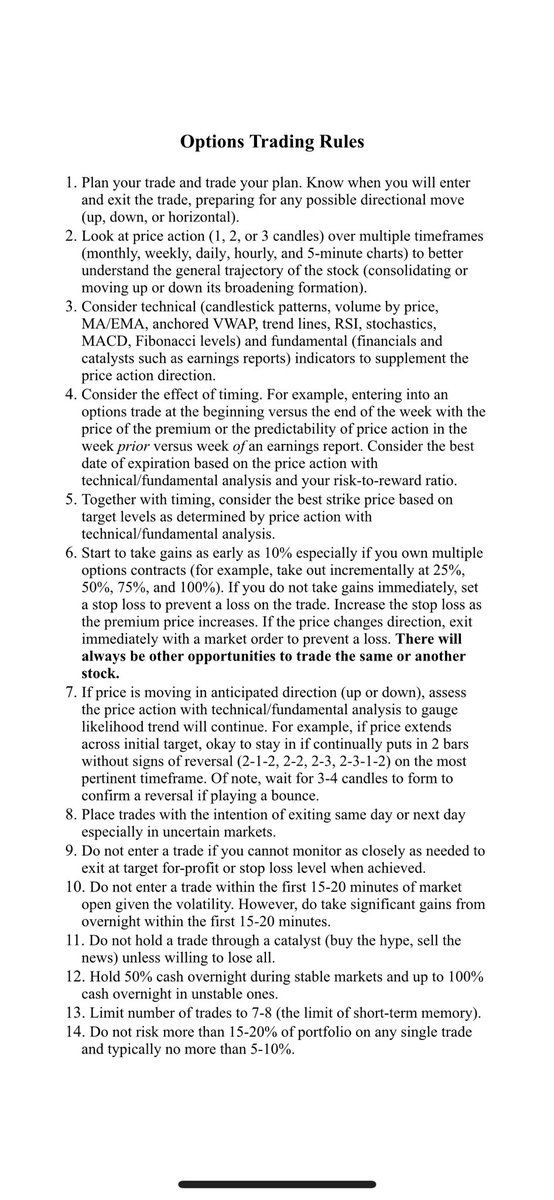Studying a market is different, from learning how to trade.
Learning how to trade includes everything from managing risk to managing yourself.
Studying a market is simply the process of looking for an edge.
Once you have identified an edge, you still have to learn to trade it.
The best way to study a market is to watch it as closely as you can but always using a frame of reference.
You should pick a frame of reference and exhaust its possibilities.
For example, you could use a time-based approach.
You could study how the market moves at certain times of the day, week or month.
I knew of one trader who made his money (and he made a lot of it) by studying specifically how the ES behaved at the end of each month. His entire edge was created around this.
I know of another successful trader who focused exclusively on the 8am open in FTSE futures.
I myself, have found edge around a long and detailed study of gaps.
I know for a fact I am not the only one that has done so.
Another frame of reference is past moves.
You could, for example, study major tops and bottoms and try to find similarities. How did they start? How did they end?
You shouldn't simply think about whether there are specific candle patterns that indicate tops/bottoms but also the context of moves.
What signals exhaustion? A gradual petering out of price movement or a violent move? Is there a difference in this whether it's a top or bottom?
Sometimes frames of reference will merge. For example, you may be studying reversals and find that many of them are linked by time. i.e. reversals are more likely to occur at certain times than others.
Another frame you could study is how the market moves around ranges.
Is it prone to breakouts or do these fail? If you hone in on these breakouts and failures, is there anything that links them in the majority of cases?
You could study the impact of news.
What news affects your market and how does it react to that news?
If a rumour hits the market, where does it move from and to? What happens if the rumour turns out to be true? What happens if it turns out to be false?
There are just some ideas and I'm only scratching the surface. The ultimate aim is, of course, to build a profitable strategy around your observations.
But a final important point to remember is that as a trader you need to be able to adapt to changing circumstances quickly. There is nothing wrong with backtesting an idea but highly profitable events can occur in the short term with no real precedent to lean on.
As an example, we can use Navinder Sarao selling Dax futures based on the unusual buying into the close during a corresponding sell-off in the ES (see "Flash Crash" by
@liamvaughanBBG
I can assure you Nav didn't spot that pattern, pull out Excel and backtest it over the previous 5 years to see if there was an edge. Not only did he not have time but there would have been no pattern visible and a HUGE opportunity would have been missed to make a killing.
The fact was, he knew what was normal, spotted an anomaly, and traded it.
I am not saying that one should constantly jump on every short-term occurrence but rather that anomalies can be exploited if you know the norms for your market as a result of having studied it.
So where to start?
Don't overthink it.
Pick a market. Pick a frame of reference. Begin observing.
